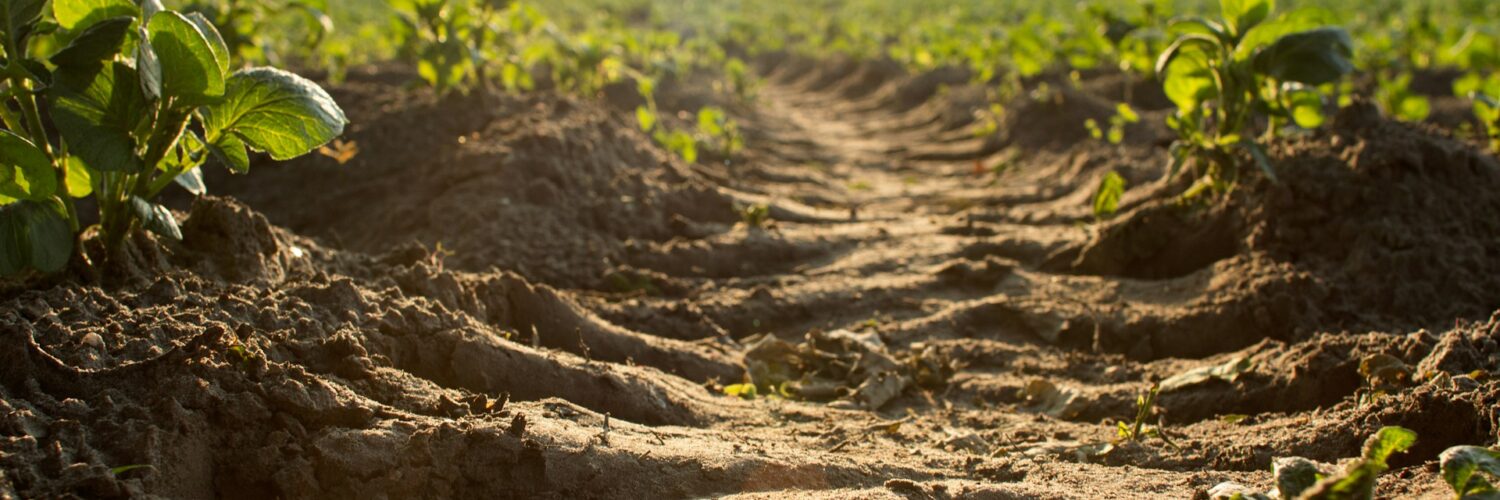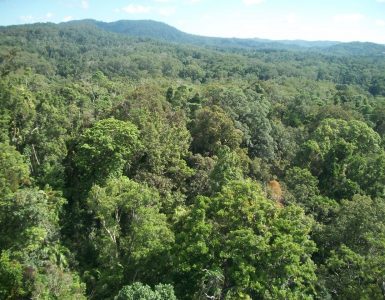Indian agriculture provides livelihood support to about 42.3 per cent of the population and feeds almost 18 per cent of the world’s humanity. Given the challenges of climate change, agriculture in India is highly vulnerable.
Indian Council of Agricultural Research (ICAR) is implementing a project, National Innovations in Climate Resilient Agriculture (NICRA) that studies the impact of climate change on agriculture including crops, livestock, horticulture and fisheries.
The Indian Council of Agricultural Research is an autonomous organisation under the Department of Agricultural Research and Education (DARE), India’s Ministry of Agriculture and Farmers Welfare.
National Innovations in Climate Resilient Agriculture is a multi-institutional and multi-disciplinary network project launched by ICAR in 2011. It also develops and promotes climate resilient technologies, which help the regions prone to extreme weather conditions like droughts, floods, frost, heat waves, etc.
The studies conducted under NICRA showed that in the absence of adaptation measures, climate change is likely to reduce the yield of rainfed and irrigated crops like rice, wheat, maize etc.
Under NICRA, risk and vulnerability assessment of agriculture to climate change has been carried out at the district level for 651 predominantly agricultural districts as per Intergovernmental Panel on Climate Change (IPCC) protocols. Out of 310 districts identified as vulnerable, 109 districts have been categorized as ‘very high’ and 201 districts as ‘highly’ vulnerable.

District Agriculture Contingency Plans for these 651 districts have been prepared to address weather aberrations and recommended location-specific climate-resilient crops and varieties and management practices.
To enhance the resilience and adaptive capacity of farmers to climate variability, the concept of “Climate Resilient Villages” (CRVs) has been initiated under NICRA.
Location-specific climate resilient technologies have been demonstrated in 448 CRVs of 151 climatically vulnerable districts covering 28 states / UTs for adoption by farmers.
Capacity-building programmes are conducted to educate the farmers on various aspects of climate change for wider adoption of climate-resilient technologies.
Several schemes have also been initiated under the National Mission on Sustainable Agriculture (NMSA) by the Government to deal with the adverse climate situations in the agriculture sector.
To address the impact of climate change, the National Agricultural Research System under the aegis of ICAR has released a total of 2900 varieties during the last 10 years (2014- 2024). Out of which, 2661 varieties are tolerant to one or more biotic and abiotic stresses.
Climate resilient technologies such as the system of rice intensification, aerobic rice, direct seeding of rice, zero till wheat sowing, cultivation of climate resilient varieties tolerant to extreme weather conditions such as drought and heat; in-situ incorporation of rice residues etc. have been developed and demonstrated.
In November 2024, India launched the National Mission on Natural Farming (NMNF) as a standalone Centrally Sponsored Scheme to promote natural farming in a mission mode across the country with an outlay of Rs. 2481 crore. Read here.






Add comment